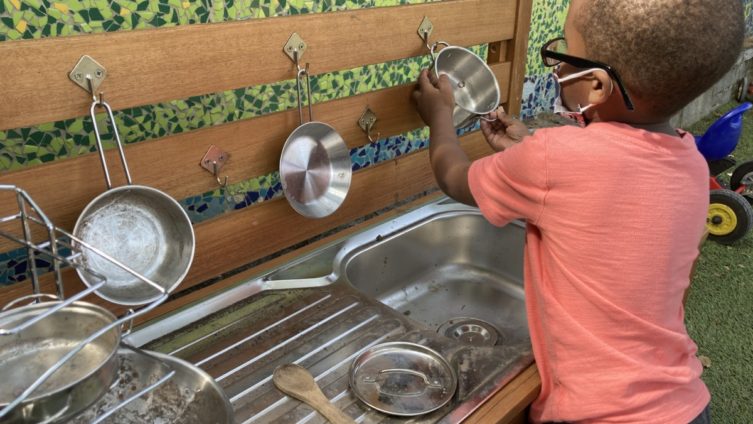
At The Children’s school, we build our character education program, Building Character and Community (BCC) into everything we do at school. Our school counselor leads this effort on-campus and provides reading lists and resources for parents to continue the practice at home.
Below are some topics and resources that can help parents with common parenting challenges.
Respect and Responsibility
These resources can reinforce at home what kids are learning at school through the BCC program:
- Reinforcing Respect and Responsibility at Home
- Sparing Chores Spoils Children and their Future Selves, Study Says
- In this Ted Talk, Julie Lythcott-Haims says that what kids need most is chores and love.
- Chores by Age Group
Executive Function
Executive function skills are critical to success both in school and in life. We know that these skills develop from early childhood through early adulthood. The development and practice of these skills can be a struggle for some kids requiring extra help and attention.
By working to become more autonomous parents, we can give our kids the space and room to grow in these areas. BUT we also want to give them the scaffolding and practice that they need to be successful.
Carpool Questions
Here are some questions you can ask kids while in the car about their day. These questions are open ended and reflective. For added fun, you can write them on slips of paper to keep in the car. At pick up, your child can select a question to answer:
- What was something nice that someone did for you today?
- Tell me about your favorite activity that you did at school.
- Tell me a true story about your school day.
- What was the hardest part about today?
- Tell me what your perfect school day would look like.
Intentional Play
Intentional play is one way to help children practice executive function skills. Simply memory games, Simon says, or cards are great ways to add connection and fun to your day. These games build memory and require students to plan ahead – all executive functions.
Organization
If you have a child who is struggling with organization, it is helpful to create checklists for tasks. This can be done with even young children. For example: if you want your child to set the table, have them create a checklist of what should be on the table. You can even make a visual checklist including things like a fork, napkin, and plate.
Other Executive Function Resources
- Executive Function: Skills for Life and Learning
- 3 Areas of Executive Function
- Why “Goldilocks” Parenting Helps Build Executive Functioning Skills
- Helping Kids Who Struggle With Executive Functions
- Executive Function: Skills for Life and Learning
- “Smart but Scattered” by Peg Dawson and Richard Guare
- “NurtureShock: New Thinking About Children” by Ashley Merryman and Po Bronson
Kids & Technology
Parents often struggle with how to model healthy tech use, how kids can use technology to encourage empathy and creativity, and protecting kids’ playtime and family time. Here some resources to help:
- Tips for Modeling Digital Wellbeing
- Ted Talk on Raising Thoughtful Kids in the Digital Age
- Encouraging Creativity Over Consumption
- Protecting Your Child’s Time
- Ted Talk: How a handful of tech companies control billions of minds every day
Childhood Anxiety, Worry, & Stress
Things like friendships, grades, competitions, family changes, and performances are common sources of stress and worry for children. Major changes in routine, such as the end of a school year, can also induce worry. Here are some resources to help support children experiencing stress and worry:
- What to Do (and Not Do) When Children Are Anxious
- Helping Kids Handle Worry
- Child Therapist’s List of Childhood Fears by Age
- WebMD’s List of Childhood Fears and Anxieties
- An Age by Age Guide to Common Fears, The Reasons for Each and How to Manage Them









